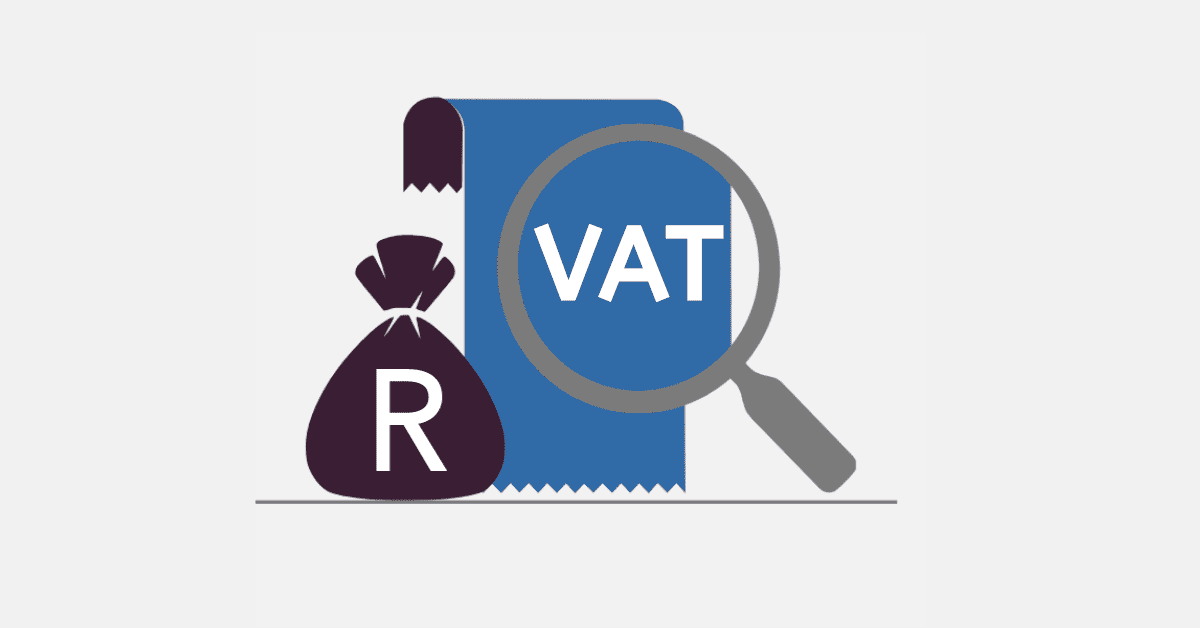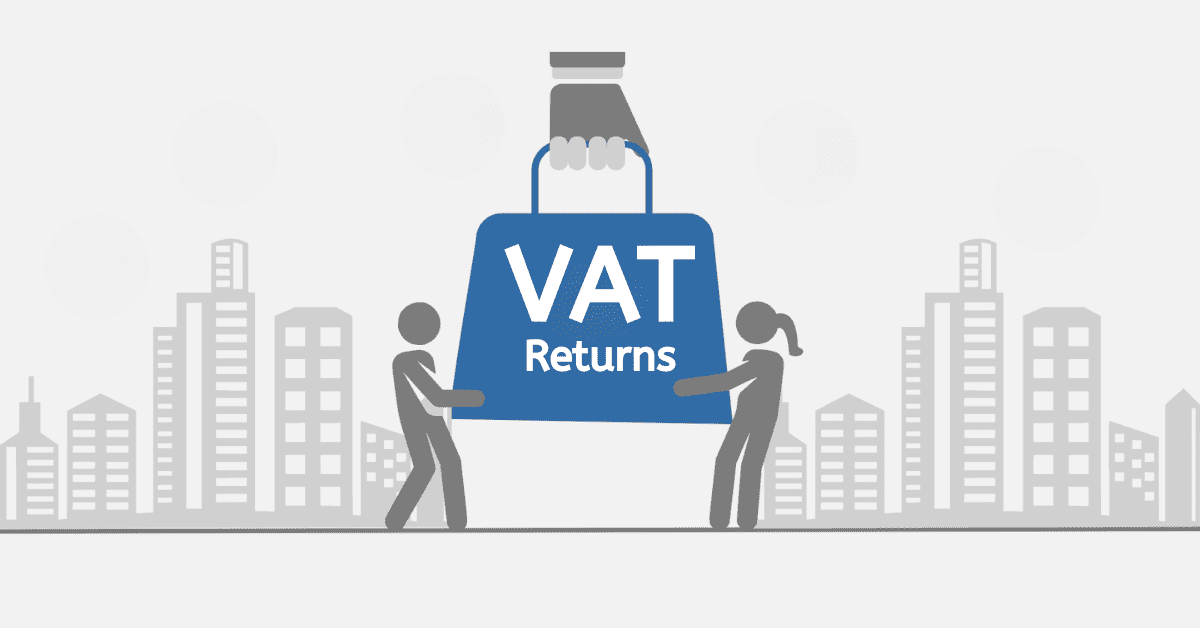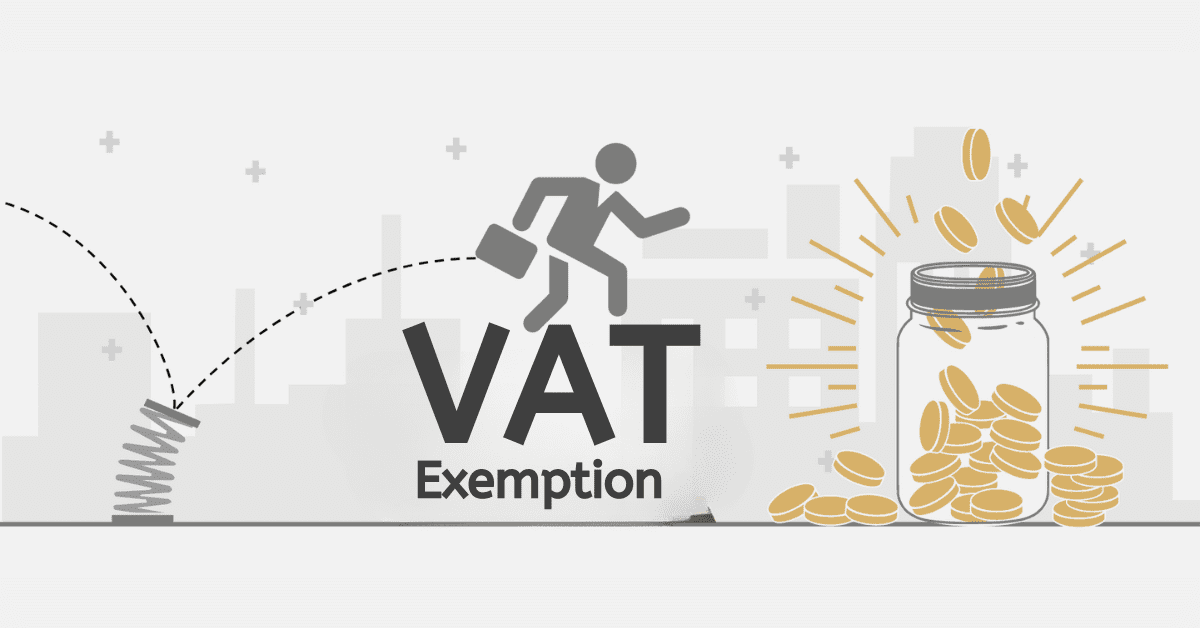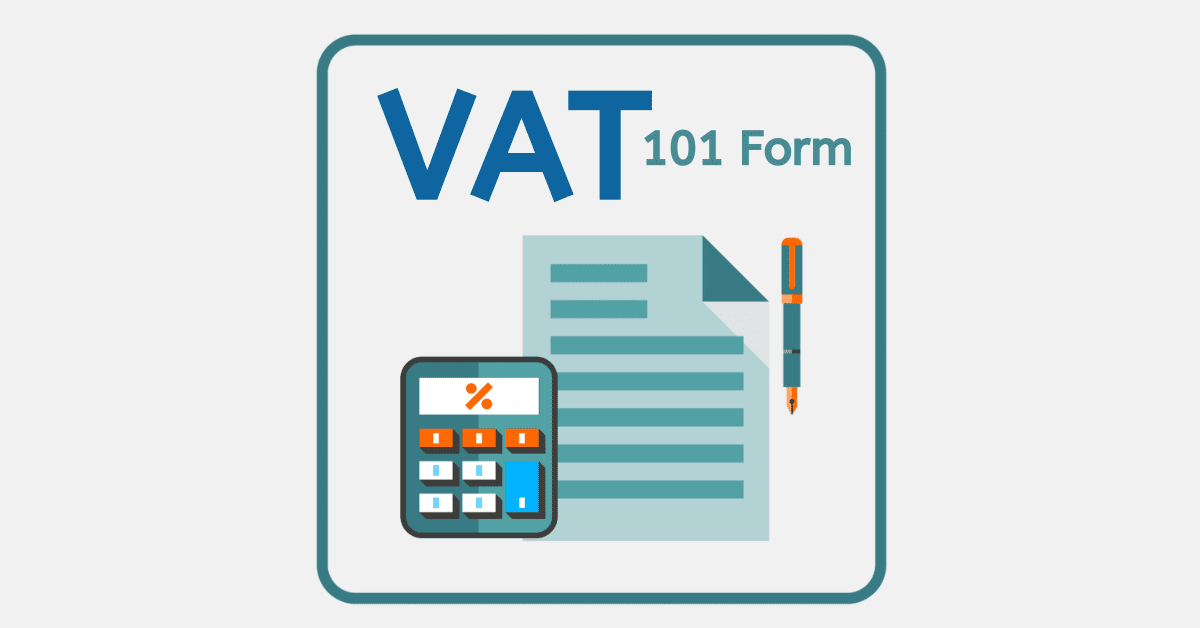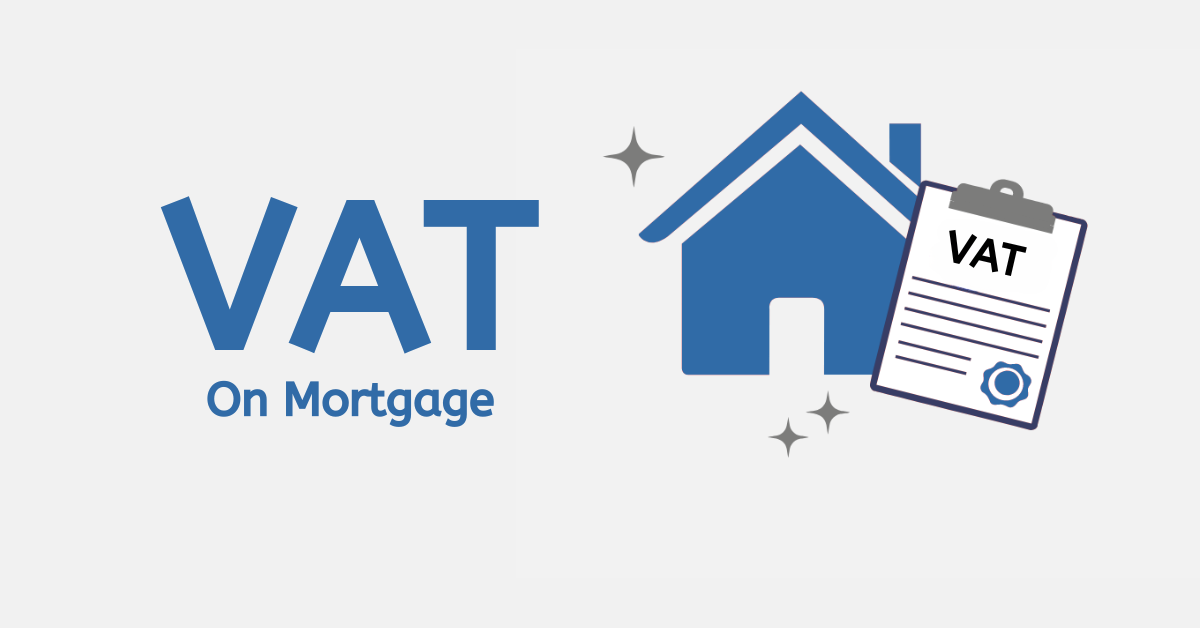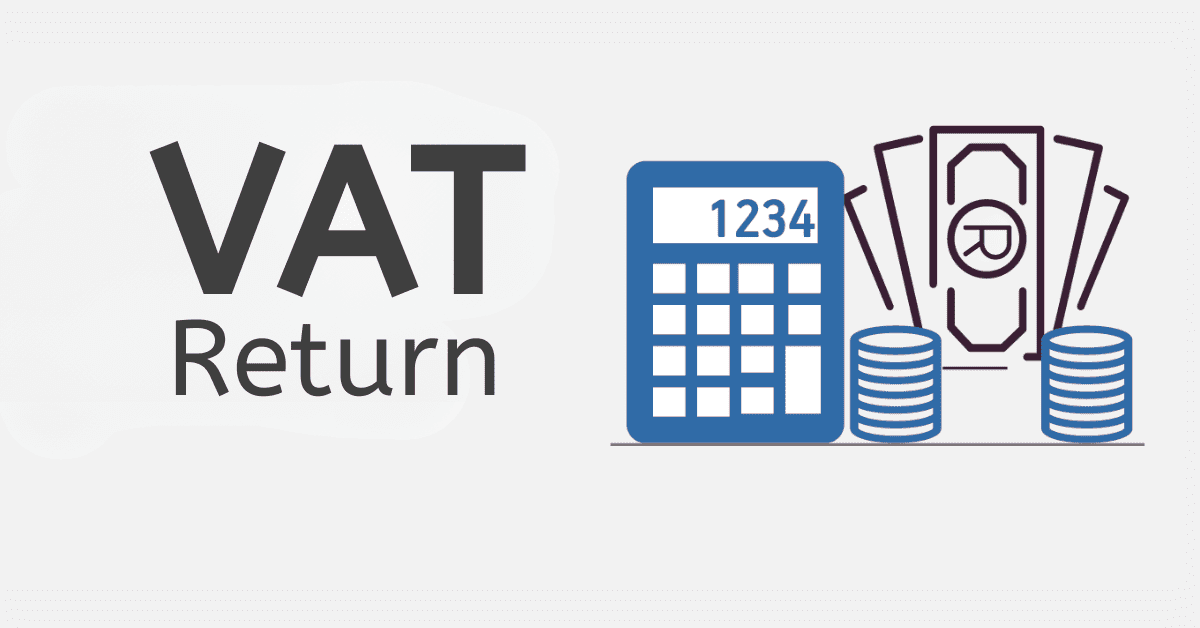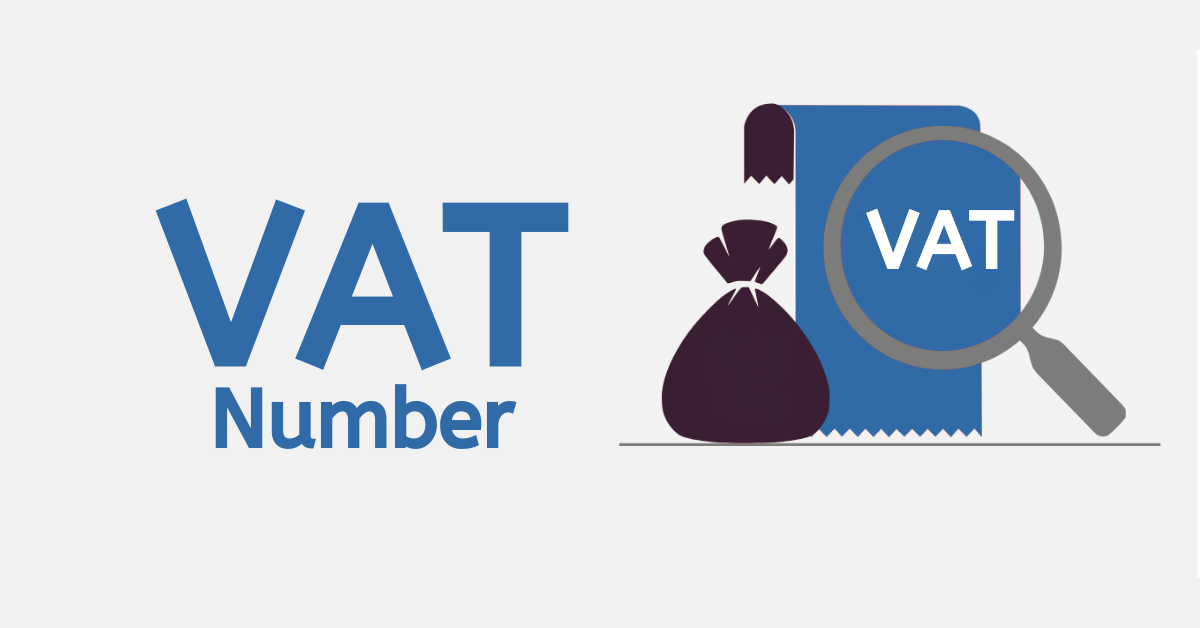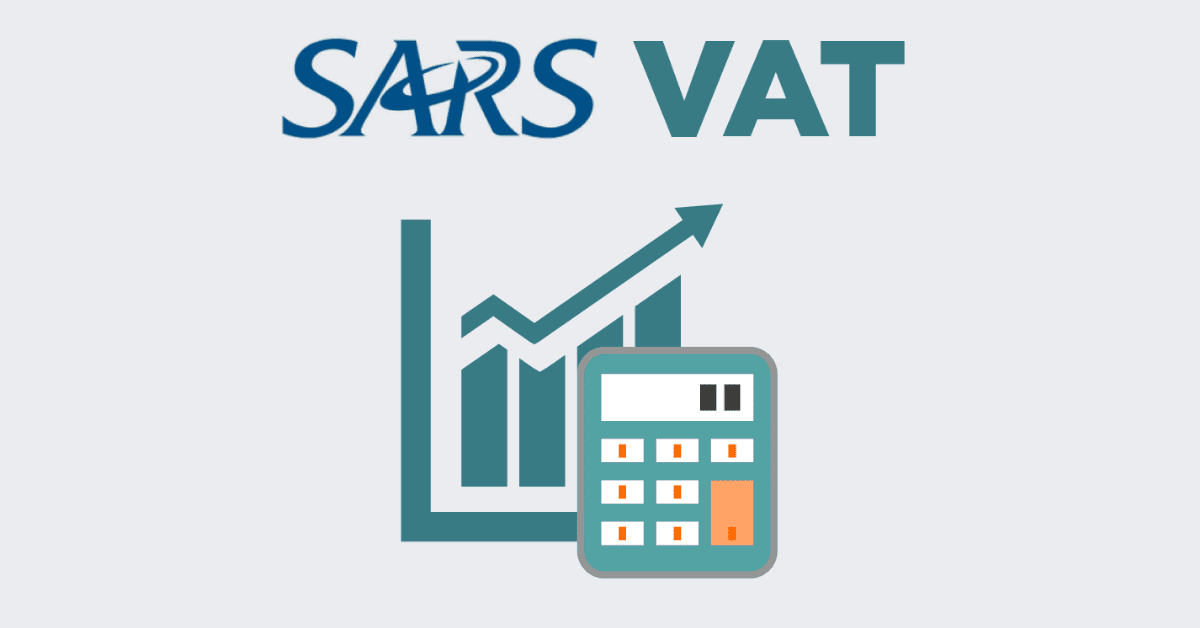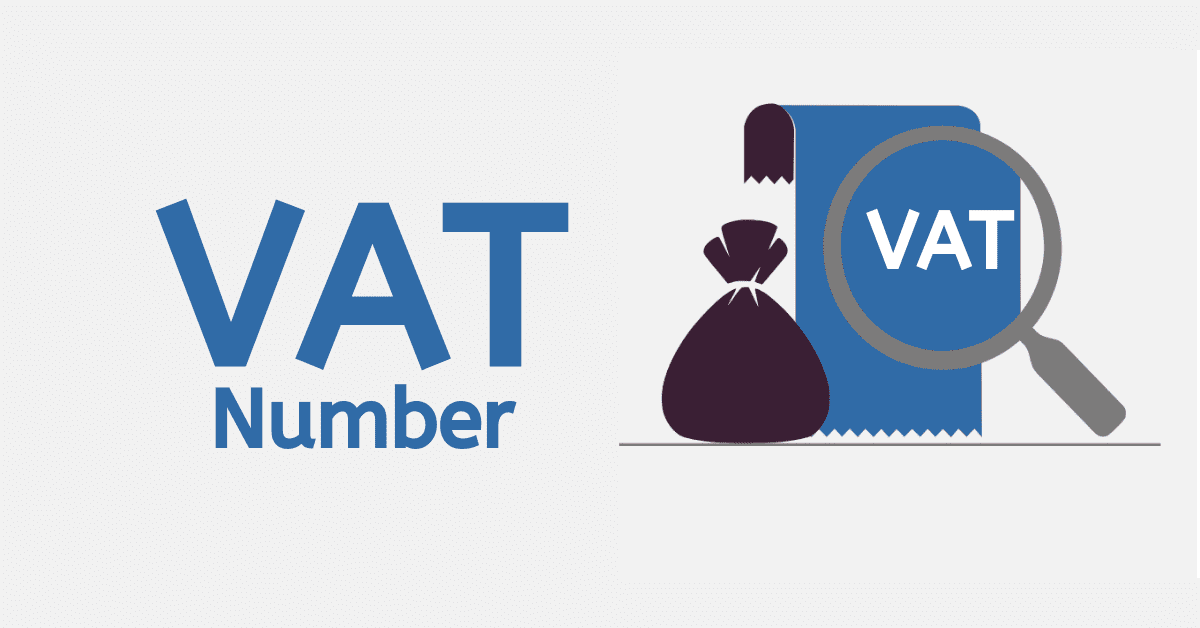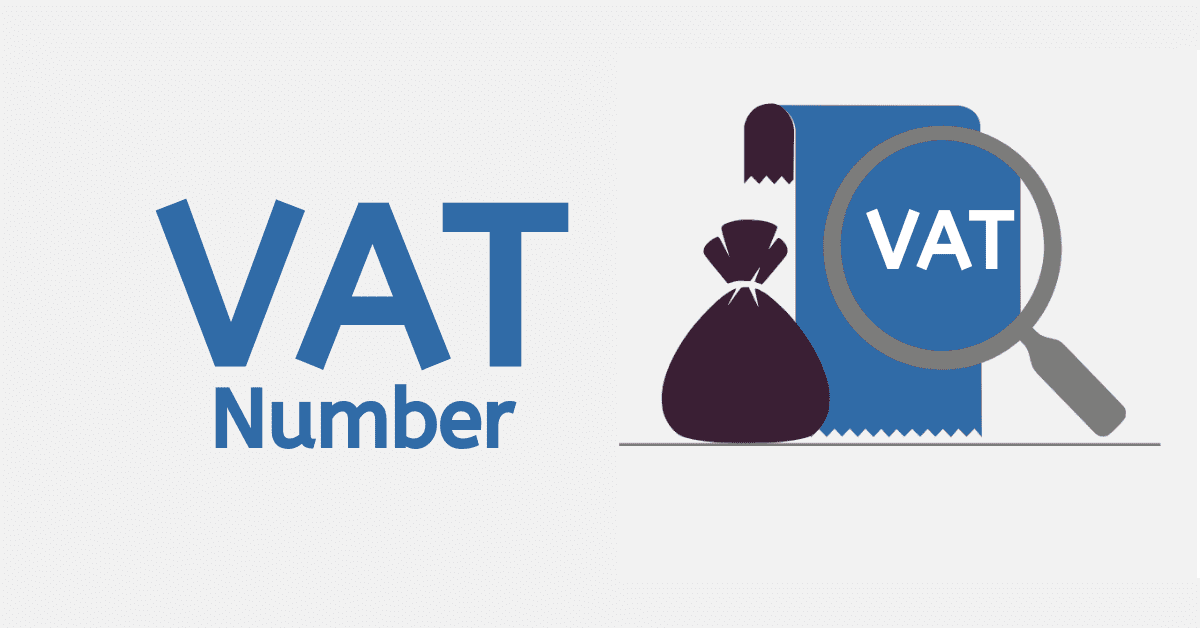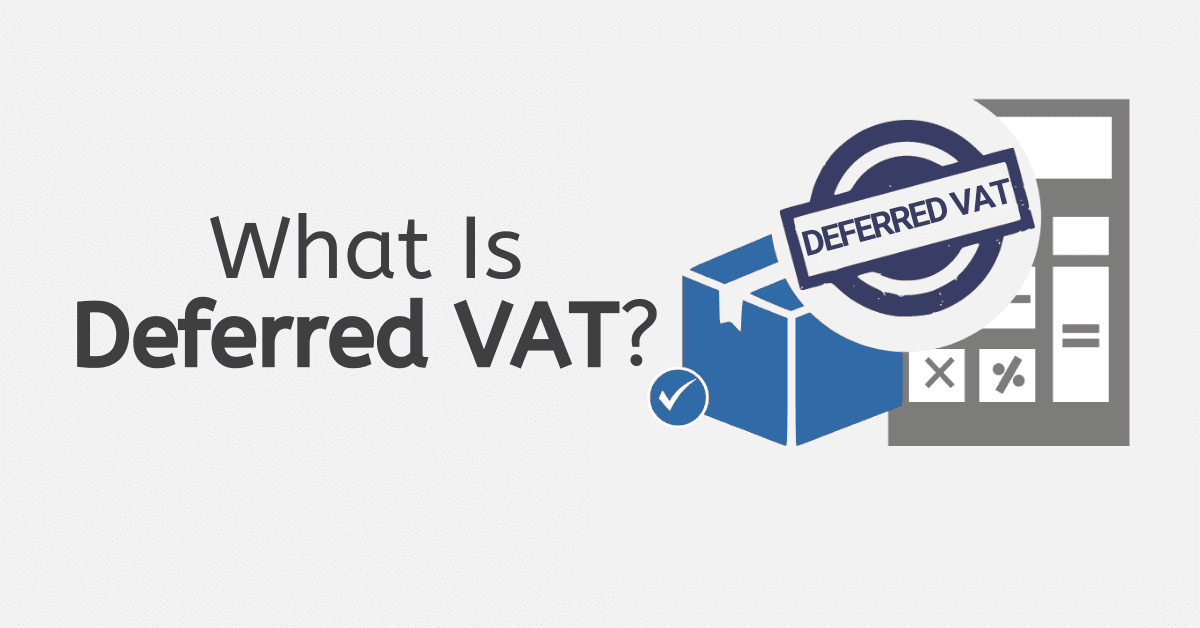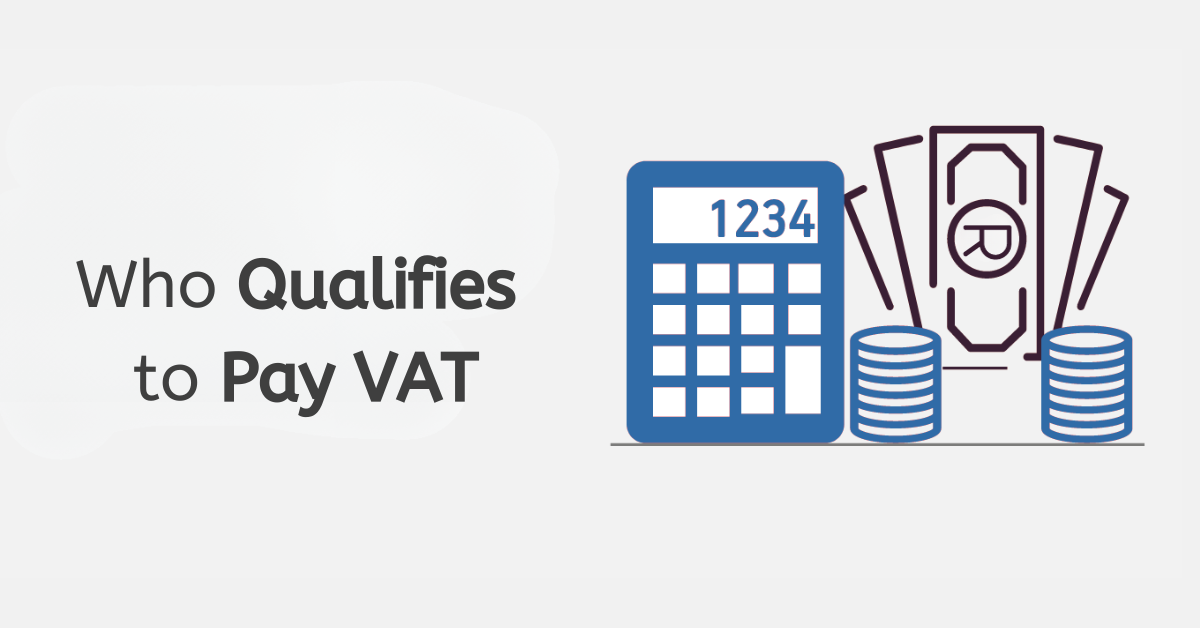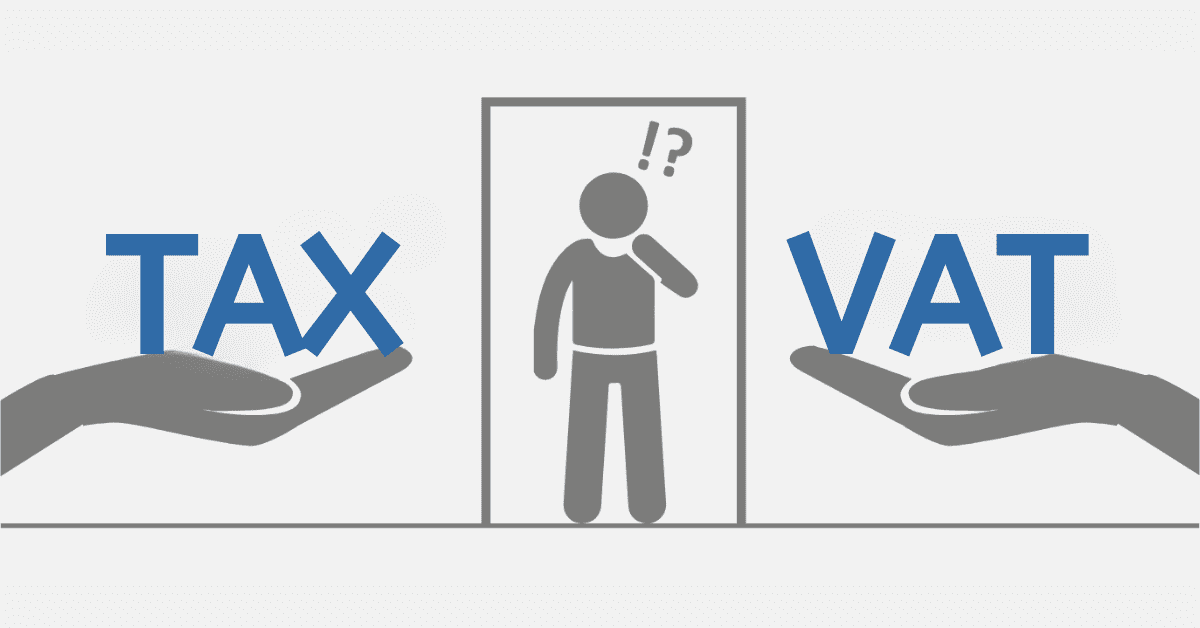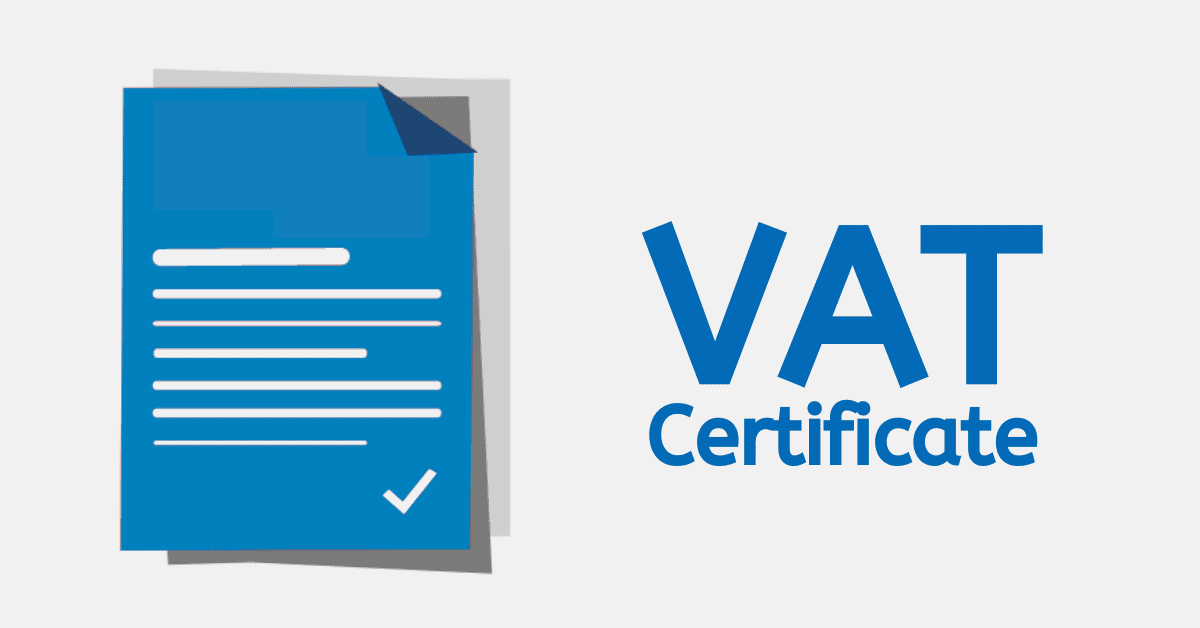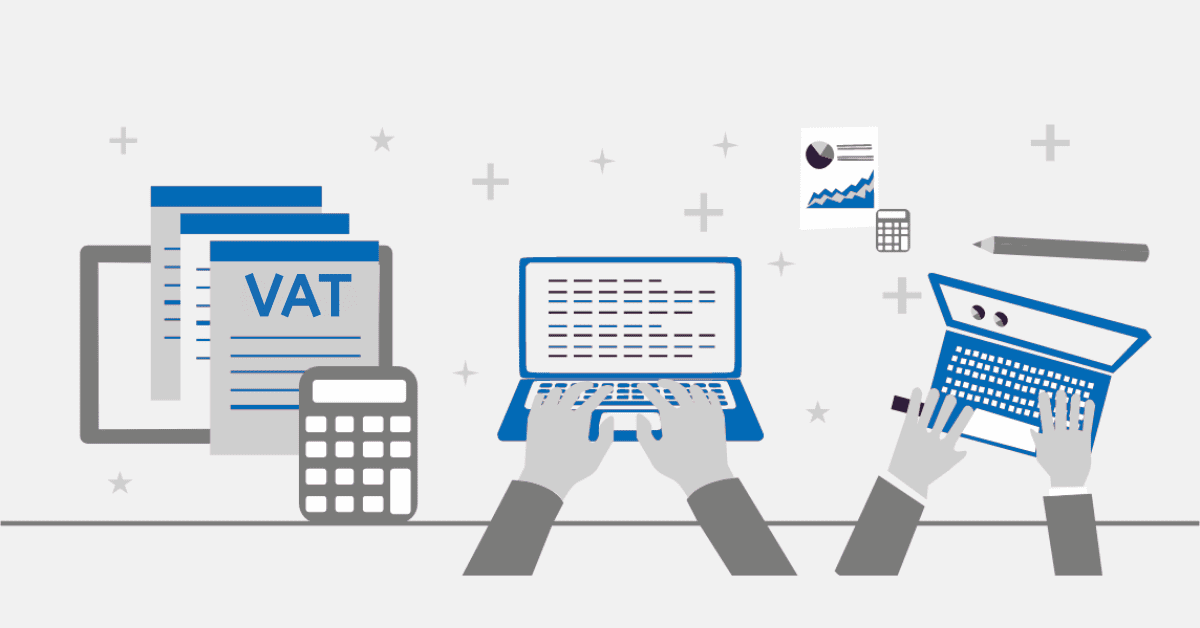The South African government generates revenue by collecting different types of taxes, and value-added tax (VAT) is one of them. Any business that has reached a VAT threshold of R1 million in 12 months must register for VAT. It should also charge VAT on taxable supplies and goods. Vendors must file VAT
How Do I File a VAT Return in South Africa?
A VAT return is a document that shows your tax information, like VAT taxable or refund if your input tax is higher than output tax. VAT vendors can submit their VAT returns via eFiling on the last business day of the month before the end of that particular tax period. SARS eFiling is convenient when submitting your SARS return in South Africa because you can file on the last business day of the month instead of the 25th. The platform can also be used for other purposes like submitting declarations and making payments.
To submit your VAT return, you need to log in to your eFiling profile and navigate to returns. Follow the prompts when you are there, and be sure you upload the required documents together with your VAT return.
Alternatively, you can file your VAT return at any SARS branch. When you complete the return, attach the necessary documents and submit them at your nearest branch on or before the 25th. Remember, VAT returns can only be submitted during working days if you want to do it in person.
Can I File My VAT Return Myself?
Yes, you can file your VAT return by handing it to the SARS official at your local branch. Get all your documents in order and submit your return on the last business day before the 25th. As already indicated above, you can file your VAT return via eFiling if you don’t want to submit it in person.
What Is a VAT Return for a Small Business?
If your business earns more than R1 million in 12 consecutive months, it should register for compulsory VAT registration. No matter the size of your business, it is mandatory to register for VAT once you reach this turnover threshold. However, small businesses can register voluntarily if they have earned revenue exceeding R50,000 in 12 months but less than R1 million. In other words, when your business earns less than the taxable VAT threshold
What Happens if You File VAT Late?
Registered vendors must submit their VAT returns as well as payments on or before the 25th of each month. If the vendor is registered on eFiling, they must file their return on or before the last business day of the month when their tax period ends.
At the moment, SARS has no penalty for late submission of your VAT return. However, late payment of VAT attracts a 10% penalty of the fund due together with interest. It is vital to make timely payments to avoid penalties and interest. If, for any reason, you are unable to pay your VAT, you need to contact SARS rather than taking no action. If you have a genuine reason, you can get relief, but you’ll still need to settle outstanding taxes.
What Is the Minimum Amount to Claim VAT?
If you are a foreign visitor to South Africa, you can claim VAT on movable goods you intend to take out of the country with a value of R250 or more. VAT is charged at a standard rate of 15% or 0%. The qualifying purchaser of the VAT refund must be a tourist, non-resident of South Africa, foreign diplomat, or foreign enterprise.
If you are eligible for a VAT refund, you must submit your claim when you leave the country. There are 43 designated exit ports in South Africa, including commercial harbors, international airports, and land borders where qualifying purchasers can claim their VAT refunds. Only claims for goods worth more than R250 are considered, and these should be tangible products. VAT paid on services cannot be claimed upon your departure from South Africa.
To get a refund, you must identify yourself as a tourist to the shop assistant so you get a tax invoice. If you purchase goods worth more than R3000, the invoice must bear your name. Additionally, the VAT invoice you get must have the following information:
- Description and quantity of the goods purchased
- Total amount of VAT charged or statement showing VAT included
- Unique tax number
- Purchaser’s name and address
You must physically declare the items you want to export to the customs officials at the port of exit. Present original documentation with the details of the goods together with a valid passport. Photocopies or facsimiles are not allowed, so ensure your documents are correct before heading to the airport to avoid inconveniences.
Alternatively, you can claim your VAT via this postal address: The VAT Refund Administrator, P.O. Box 107 Johannesburg. Attach original invoices to your application for a refund. All goods should be exported within 90 days of obtaining a VAT invoice.
Registered VAT vendors can claim any amount due if they mistakenly pay more than what is required. If your input tax is higher than the output tax, you are entitled to claim a refund. Under normal circumstances, the difference between output and input taxes is the VAT you should pay to SARS. However, if you have outstanding taxes or credit, your refund will be used to cover what you owe.
Registered vendors should file VAT returns to SARS on or before the stipulated time. One can file their return via eFiling or visit their local branch. Late payment of VAT attracts a penalty and interest. Visitors to South Africa can claim VAT on the goods with a rand value of R250 or more which they want to take out of the country.
